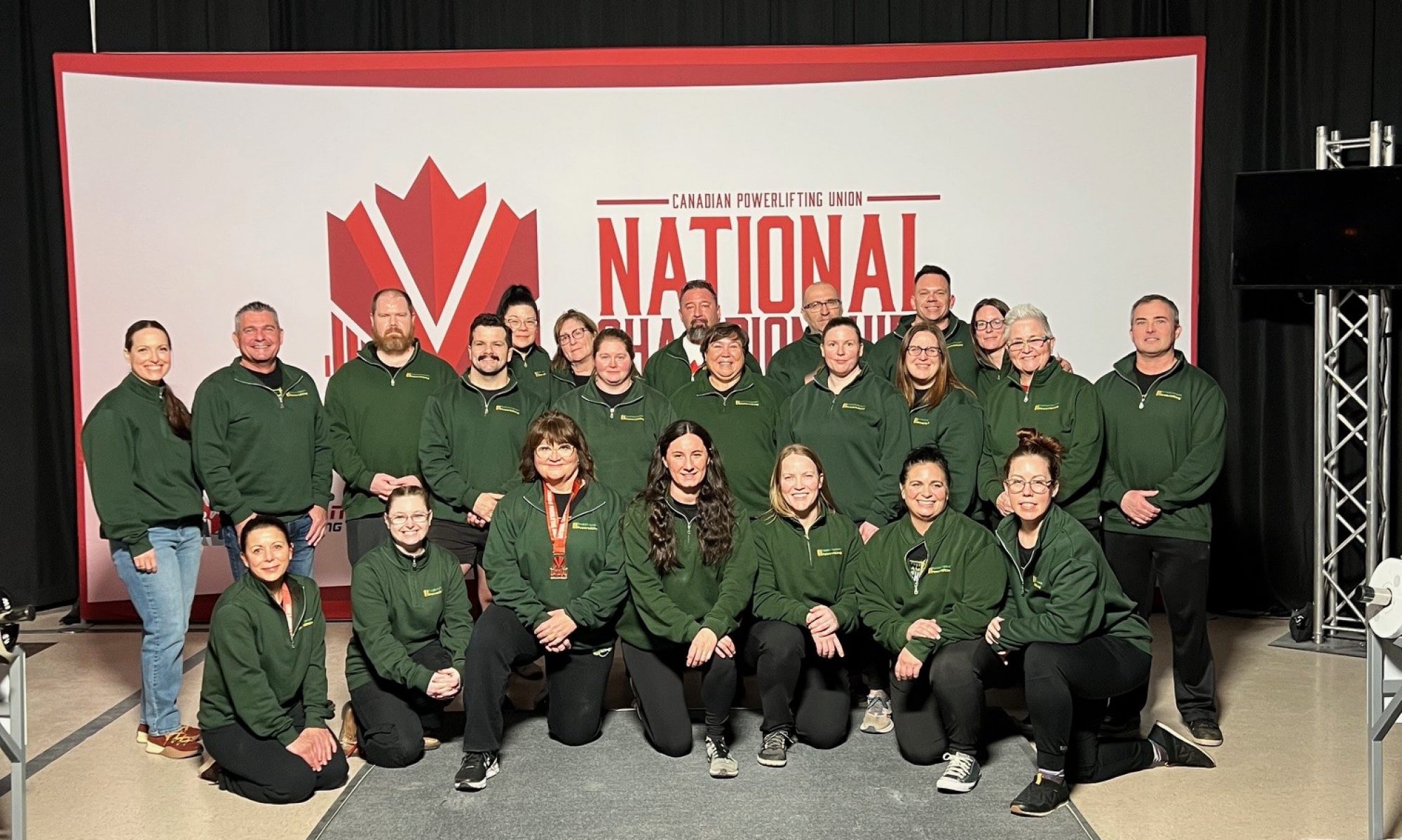The Canadian Centre for Ethics in Sport (CCES) is the custodian of the Canadian Anti-Doping Program (CADP), the set of rules that govern anti-doping in Canada. The CADP consists of several components such as in- and out-of-competition testing, education, medical exemptions, and the consequences of doping violations. The CADP is compliant with the World Anti-Doping Code (the Code) and all of its associated International Standards. The 2021 CADP is currently in effect.
The Saskatchewan Powerlifting Association is a member of the Canadian Powerlifting Union, which has adopted the CADP, which means you are part of a world-class anti-doping program that is designed to protect athletes’ rights and ensure a level playing field. The Canadian Powerlifting Union’s anti-doping policy reflect and support the CADP.
If you are a member of the Canadian Powerlifting Union, the CADP applies to you, and athletes participating in Canadian Powerlifting Union-sanctioned activities may be selected for doping control. The CADP also applies to athlete support personnel.
You may also be subject to the rules of the International Powerlifting Federation (IPF). Learn more about IF’s anti-doping policies and procedures here.
While athletes and support personnel should be familiar with the rules of the CADP and the Code, they should also know how to practice clean sport, which can be achieved by following these guidelines:
Check your medications
- Check your medications and products to ensure they do not contain banned substances or ingredients.
- Global DRO provides athletes and support personnel with information about the prohibited status of specific substances based on the current World Anti-Doping Agency Prohibited List. Access medication data from seven countries.
- If you need assistance checking the status of a medication, email substances@cces.ca.
Know your exemption requirements
- If your medication is prohibited in sport, verify your medical exemption requirements using the Medical Exemption Wizard.
- If you still have questions about your exemption requirements, email tue-aut@cces.ca.
Question supplements
While some supplements can correct nutritional deficiencies, promote recovery, or help achieve peak performance, supplements present a significant risk of inadvertent doping. Avoid supplements if you can.
If you and your medical support personnel agree that you have a need for a supplement:
- Learn about how to minimize your risks.
- Make sure any supplements you use are batch-tested by a reliable third-party testing program like NSF Certified for Sport.
Be cannabis smart
Be aware of cannabis’ prohibited status in sport, including the possibility of positive tests as a result of using CBD medications which contain THC. Special protocols are in place for athletes who use medical cannabis – see information about medical exemptions. Be cannabis smart.
Complete your education
Athletes and designated athlete support personnel must complete online education annually. To access courses, log into the CCES online education portal. If you have questions about your education requirements, refer to “Which course should I take?” in this online learning FAQ or email education@cces.ca.
Live your values
True Sport is an initiative of the CCES that is designed to give people, communities, and organizations the means to leverage the benefits of good sport, from a platform of shared values and principles. As the values-based sport network leader, the CCES believes that activating the True Sport Principles, on and off the field of play, will contribute to a positive shift in Canadian sport culture. Learn more at truesport.ca.
Know the rules
- The 2021 Canadian Anti-Doping Program came into effect on January 1, 2021. Read more about the CADP.
- Know your rights and responsibilities as an athlete with regards to anti-doping.
- If you are notified for doping control, always comply with the testing request.
- The World Anti-Doping Agency’s (WADA) vision: A world where all athletes can participate in a doping-free sporting environment.
- Get the latest news through CCES media releases, advisory notes, and the weekly Ethical Sport Review. Subscribe now.
Competition manipulation is recognized as a major threat to the integrity of sport on a global scale and without measures in place to manage sport betting and corruption, it will continue to grow. The CCES is working with trusted partners to protect the integrity of Canadian sport and to educate the sport community about the risks associated with such activities. For more information, complete Understanding Competition Manipulation, a 15-minute primer course.
Protecting clean and fair sport is a collective responsibility. The CCES Integrity Hotline provides Canadians with a secure and anonymous means to report suspected doping and competition manipulation, both of which are major threats to good sport.
Coming forward with sensitive information is a big decision, and the CCES appreciates your courage to raise concerns about doping in sport and/or competition manipulation. You can send information or evidence to the CCES Integrity Hotline, powered by RealResponse, one of four ways:
- Text 1-888-441-CCES (2237)
- Chat through WhatsApp 1-888-441-CCES (2237)
- Call 1-888-441-CCES (2237)
- Email integrity@cces.realresponse.com
For more information, visit the CCES Integrity Hotline.
Contact the CCES
For additional resources and more about anti-doping, please contact the CCES:
- Email: info@cces.ca
- Call toll-free: 1-800-672-7775
- www.cces.ca (link to: https://cces.ca/)
